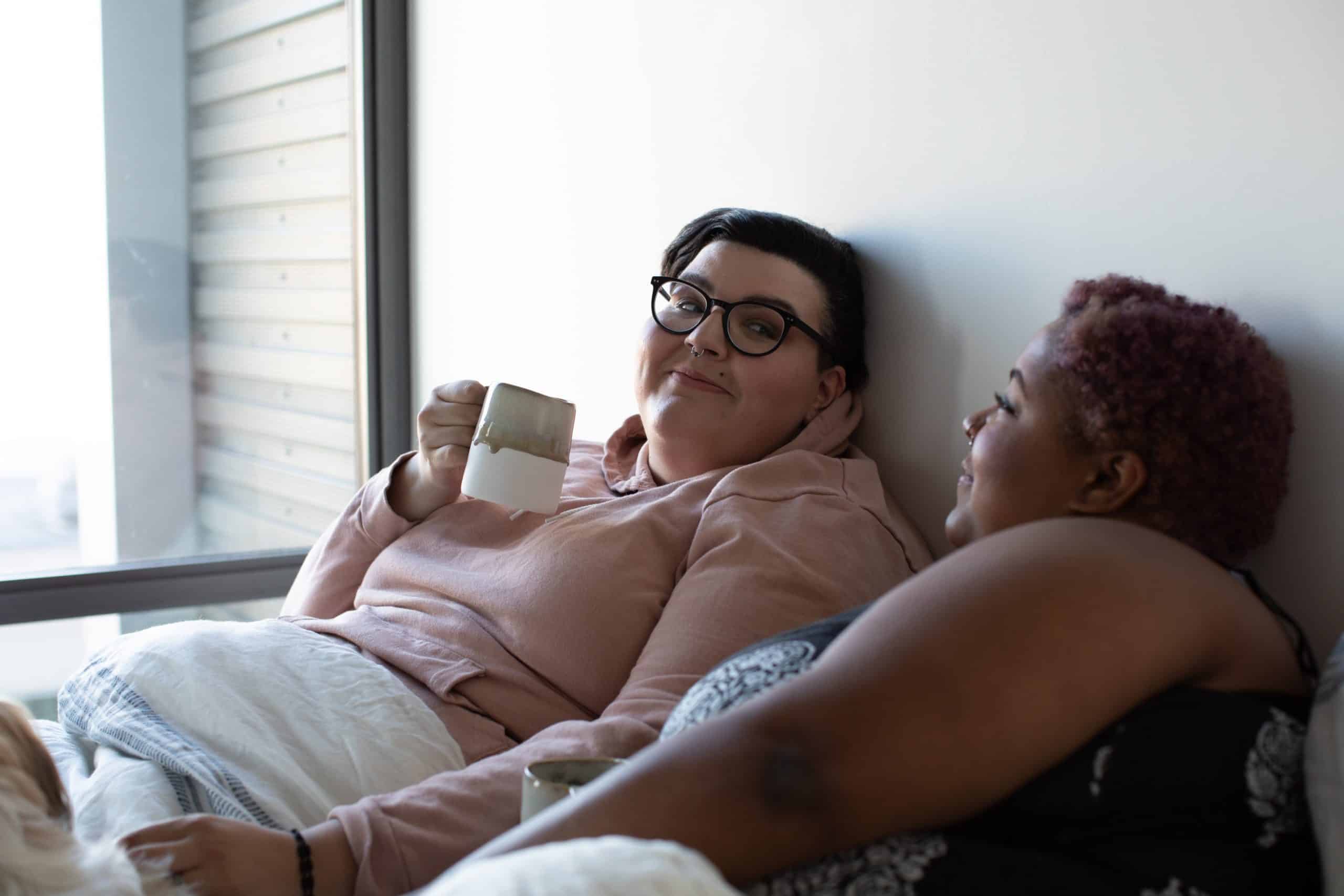
Life is hard, so relationships are hard too
The life we live in today’s modern society is hard. Even if you have food for the day and a roof over your hard, life is still tricky. Our days are literally numbered in this life we live together, and we have to tolerate the uncertainty of whether we will get sick and weak, and the uncertainty of not knowing when we will die. With that wisdom comes the reality check that if life is hard, then relationships are hard too. Because in my life there’s been heartache and pain, to quote Foreigner’s epic song “I want to know what love is”, so I am certain your life has had a measure of this too. Relationships, like your overall life, will be filled of challenges – financial issues, health concerns, sickness in the family, work dissatisfaction, identity crises, losing a loved one. All of these things would be challenging for you to experience alone, and they are challenging for your relationship to experience if you are traveling this road of life together with someone else by your side.
Compassion as clarity, care and courage
Paul Gilbert, founder of Compassion Focused Therapy, has defined compassion as “a sensitivity to the suffering of self and others, with a commitment to alleviate it and prevent its return”. So we need to tune into the pain of our partner and of ourselves, and decide how to go about soothing that pain. Compassion brings us the clarity, the care and the courage we need to keep facing tough times in life, together as a team. The clarity is about having the wisdom and insight into how hard life is. The care is about choosing to care for each other, and for ourselves, on that tough adventure that is life. Aspects of life hurt because we care, which is also why love hurts at times. The courage is to keep showing up, time and time again, even when our inner voice of self-doubt says we can’t. The courage to show up for ourselves and our partner in their time of need.
Compassion as a pathfinder for joy
If we can willingly accept that life is full of dark moments, we can open up more for the light moments too. We can find the path to joy, to be able to be more present in the times of laughter together with our partner, to appreciate all the things they do that we love and all the things they are that we love. We can express gratitude for how glad we are to have them in our lives. We can enjoy ourselves more when we are doing something nice together, by taking the pressure of perfection out of the equation. If you can get to a moment of “this is kind of nice” when you are sitting with your partner, you are doing alright. Not needing to do, do, do, but to focus on just be with each other. Those small moments of care and nurture are far more important than any grand gestures, for your overall connection.
Compassion is necessary for connection
I think of compassion as a necessary component for a deeper, longlasting connection. In my work with couples, I see their relationship flourish when they turn to each other with clarity, care and courage. When they tune into their caregiving system of wanting each other to be well, rather than getting caught up in their competitive system of wanting to win a fight. To be able to open up and express something vulnerable to your partner, that takes courage. To face the risk of rejection or ridicule, to trust that they will have your back instead of back away from you. That takes courage. To have that courage, we first need that clarity around why it is so bloody hard to be open, honest and vulnerable with someone we care about. But we also need to show compassion to what our partner is sharing with us, to not reject, criticise and ridicule them. To make them feel safe. This accepting and allowing stance will help them gravitate further towards you, strengthening that connection.
Compassion is about understanding our fears
We all have fears around how others will respond to us – that is what makes us human. Most of us worry about how we sit in the minds of others, related to a deeply human capacity for self-reflection and perspective taking, but it can also get us caught up in experiencing shame. If we think our partner will think badly of us, we will feel ashamed of ourselves. Will might worry that they will judge and reject us, or break up with us and leave. Nobody wants to be criticised, ridiculed or abandoned, so no wonder we worry about really being ourselves in our relationships. Because it takes courage to show up in an authentic way.
Compassion is an ongoing journey
Tomorrow is my wedding anniversary. This time of year always invites for some reflection around how I am showing up in my own relationship. How I am walking in line with my values for who I want to be as a partner, as a wife, but imperfectly so.
I want to invite everyone to learn more about how compassion shapes loving relationships, as I am writing a lot about this in my upcoming book The Lasting Connection. For now, you can tune into one of my free webinars on couples and compassion, available to book here.
Michaela Thomas, Clinical Psychologist and Founder of The Thomas Connection



